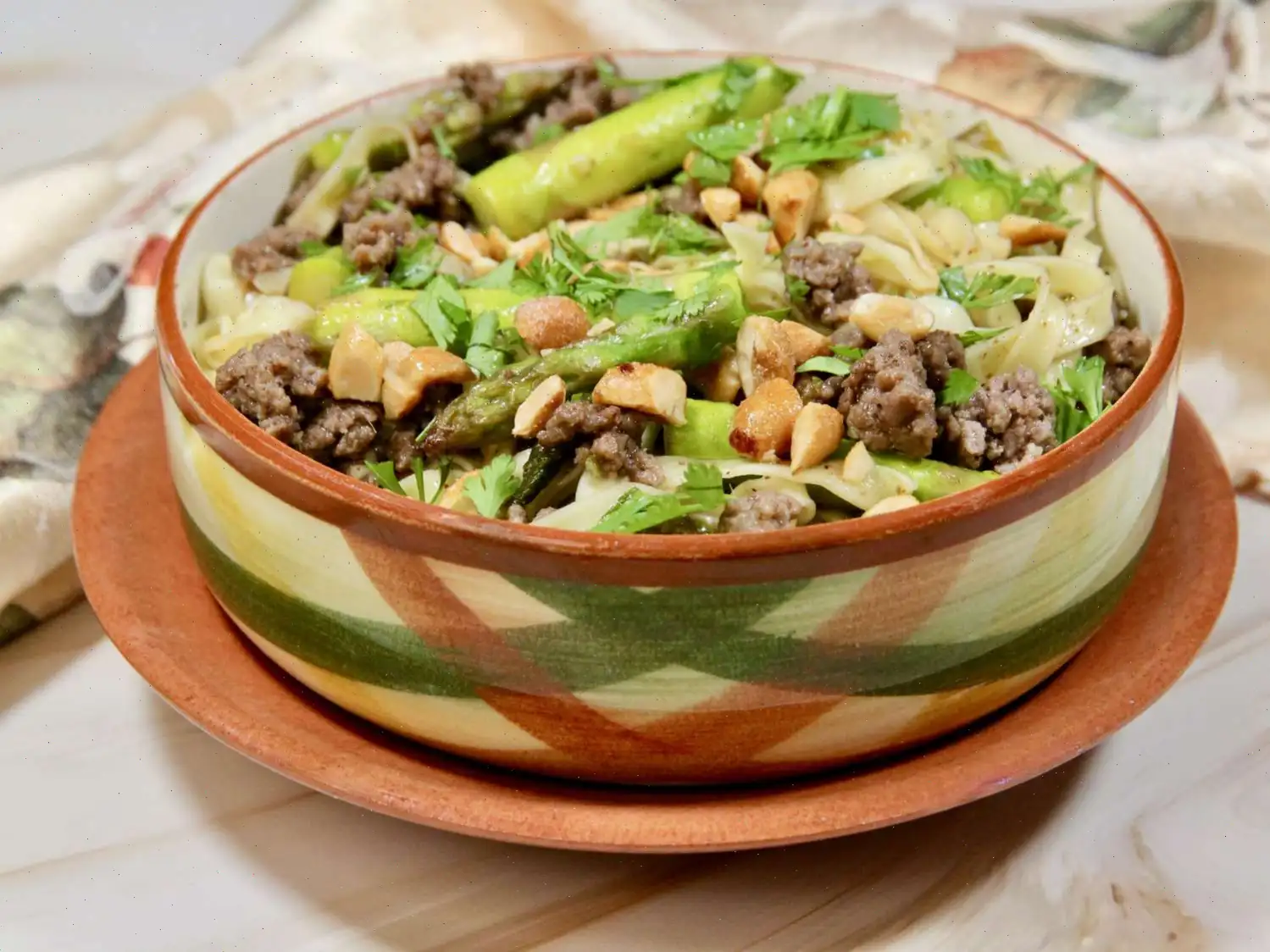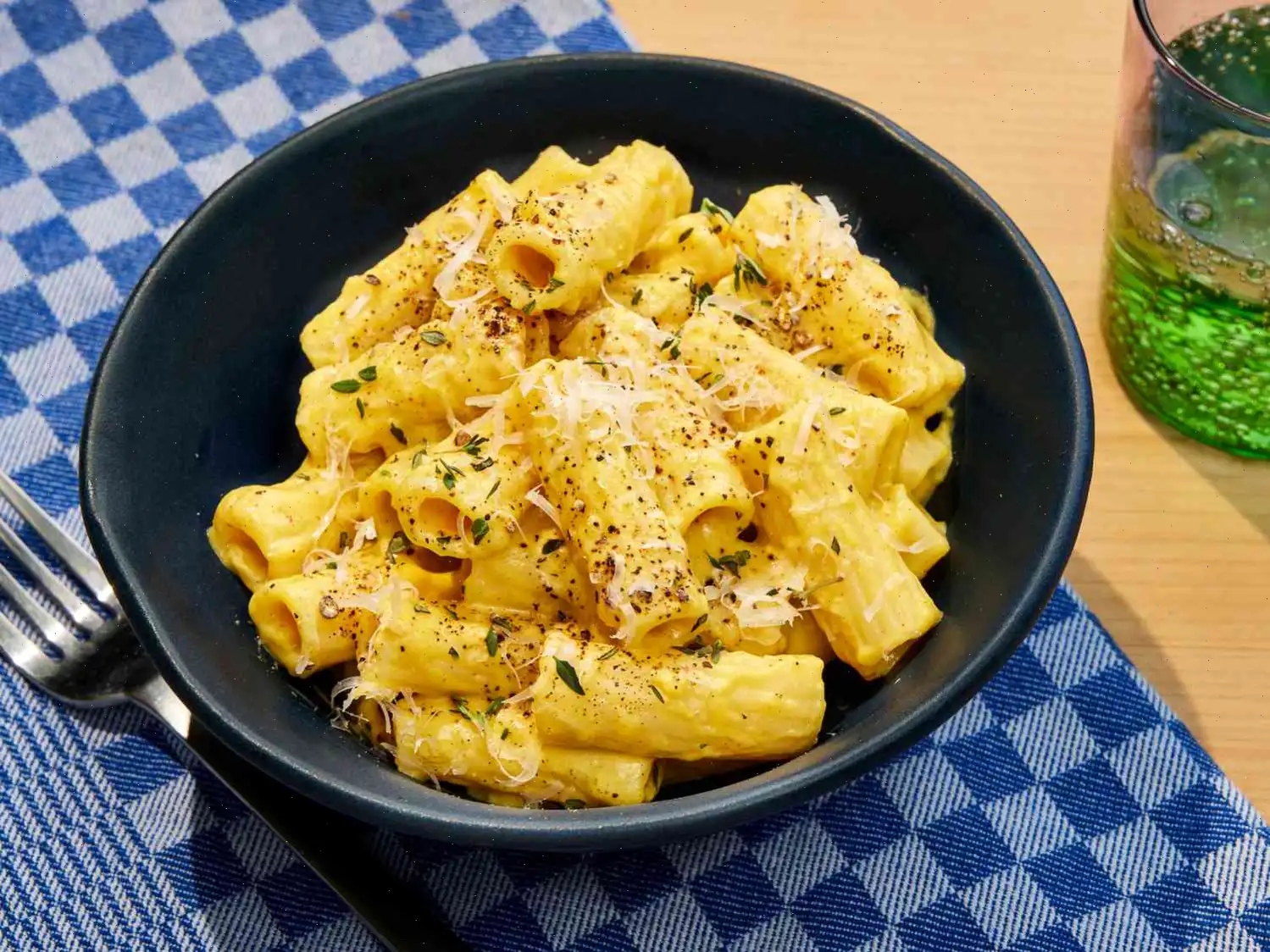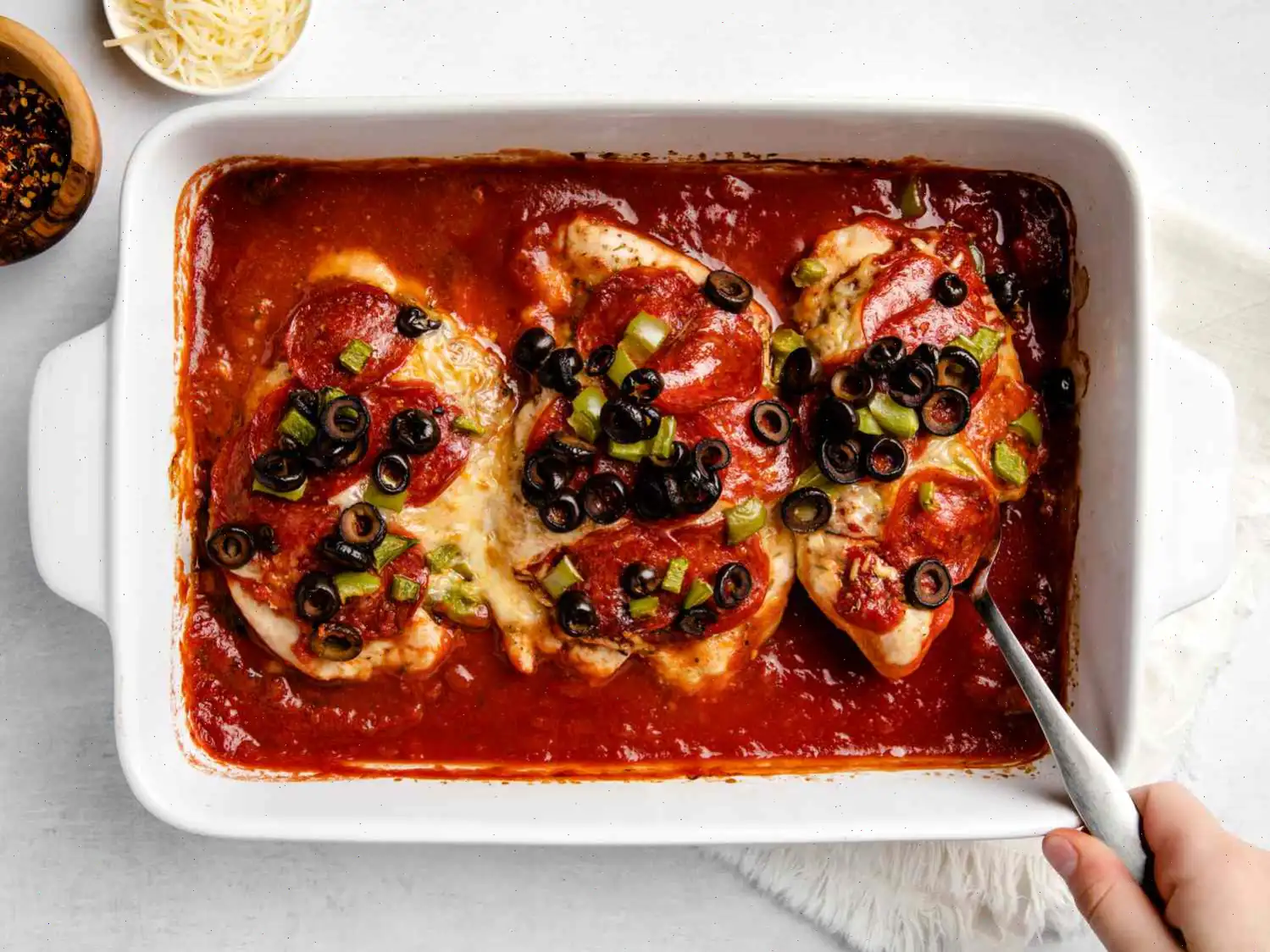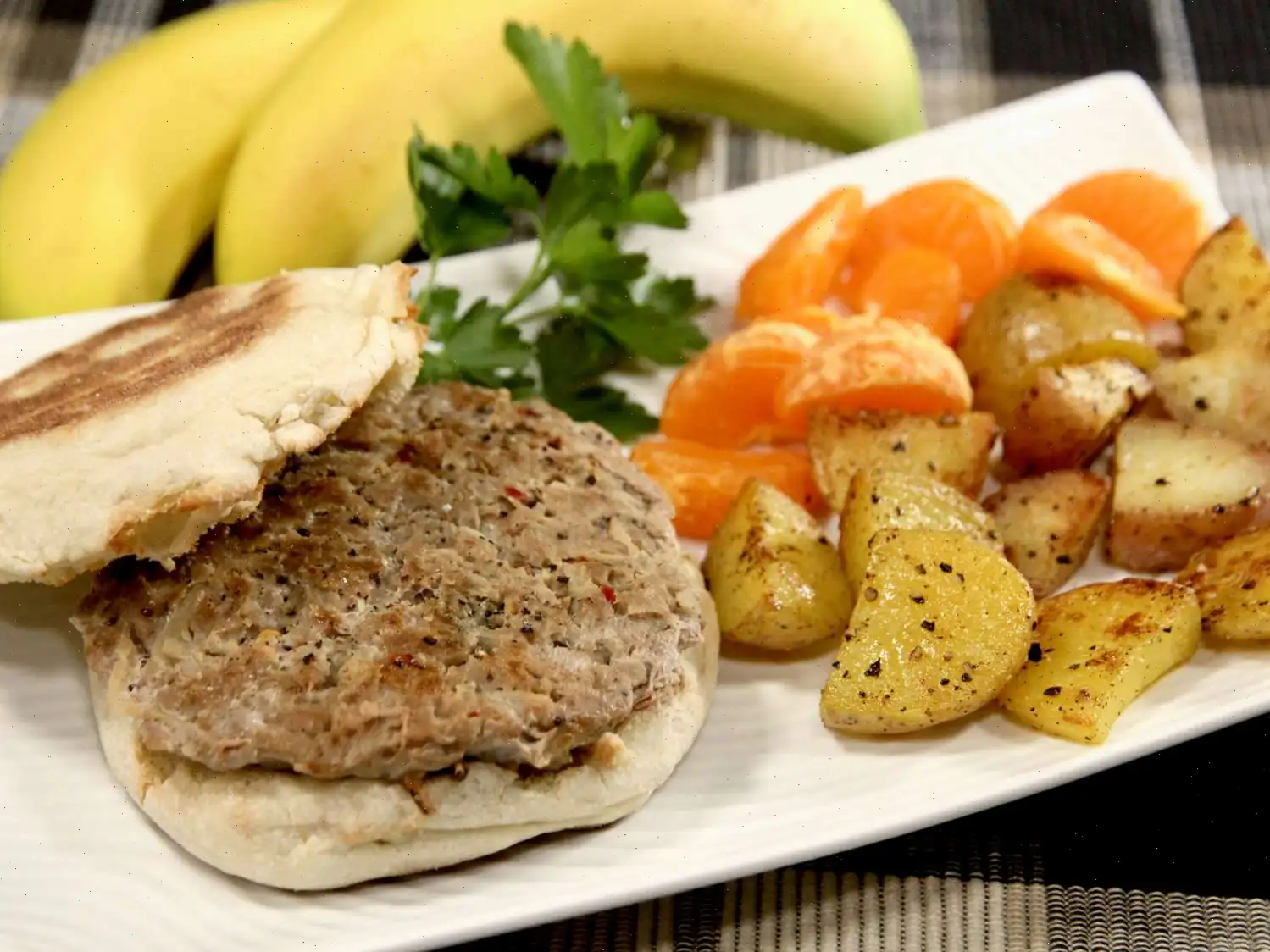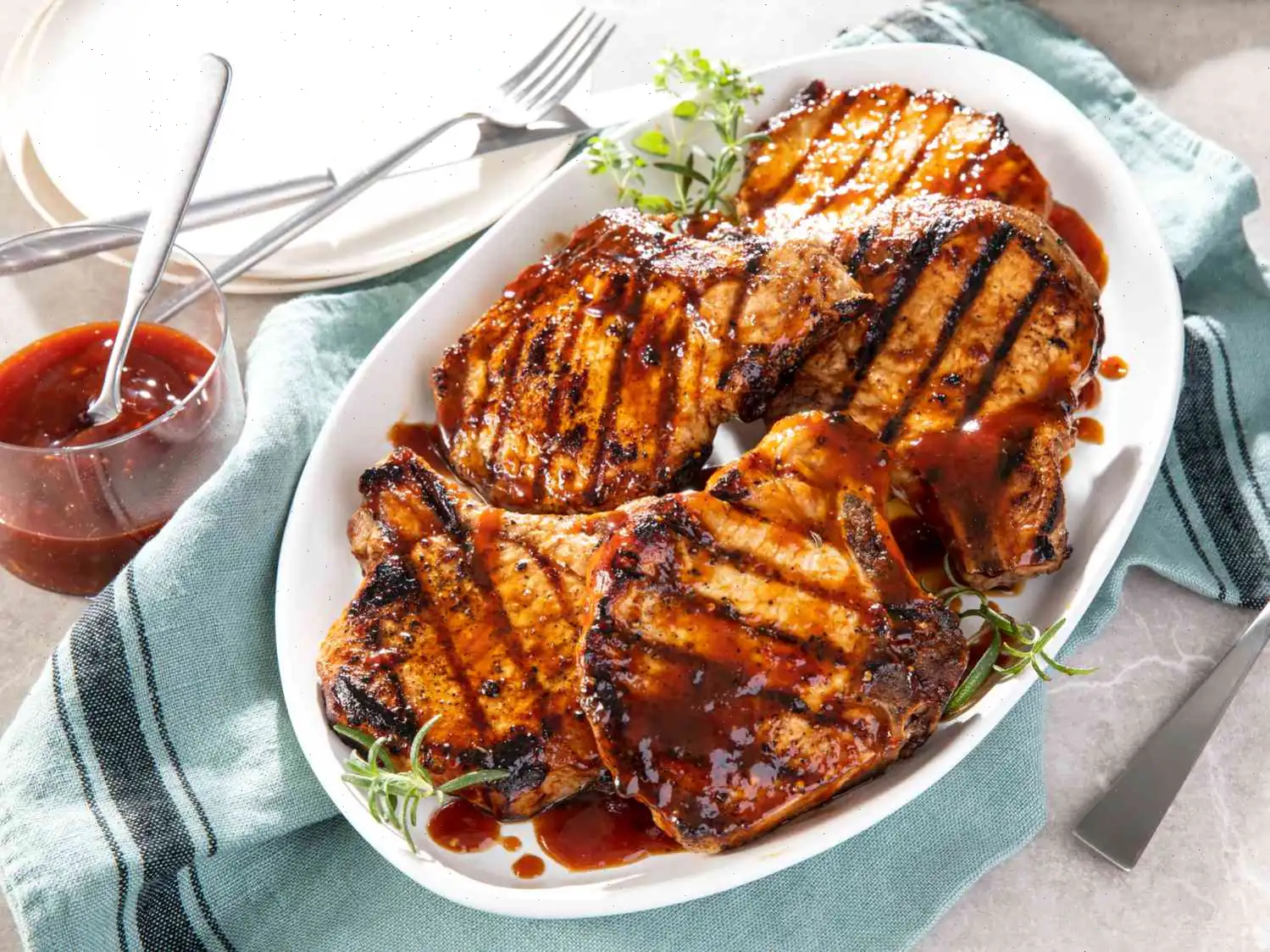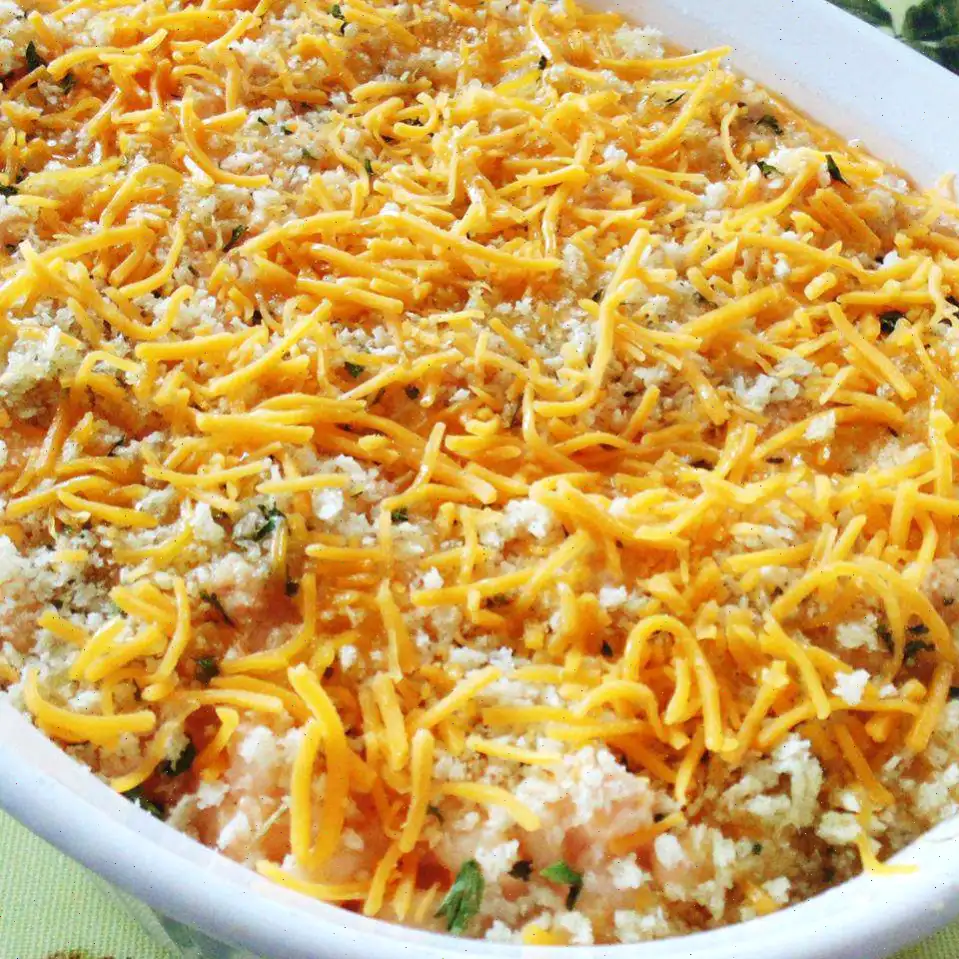
Beef and Asparagus Noodles Recipe
Rice Noodles with Ground Beef and Asparagus
Ingredients
- 14 ounces rice noodles
- 1/4 cup apple cider vinegar
- 1 lime, zested and juiced
- 2 tablespoons brown sugar
- 1/2 teaspoon chili powder
- 4 cloves garlic, minced
- 2 teaspoons vegetable oil
- 1 pound ground beef
- 1/2 teaspoon Chinese five-spice powder
- 1/2 teaspoon salt
- 1 bunch asparagus, trimmed and cut into 3-inch pieces
- 1 tablespoon minced fresh ginger
- 1/4 cup chopped fresh cilantro
- 1/4 cup unsalted peanuts, coarsely chopped
Directions
Step 1: Place the rice noodles in a large bowl and cover them with hot water. Let them sit for about 15 minutes, or until they are softened. Once done, drain the noodles and set them aside.
Step 2: While the noodles are soaking, prepare the sauce. In a small bowl, combine the apple cider vinegar, lime zest, lime juice, brown sugar, and chili powder. Stir well and set aside.
Step 3: Heat the vegetable oil in a large skillet over medium-high heat. Add the ground beef, Chinese five-spice powder, and salt. Cook, stirring occasionally, for about 5 minutes until the beef is browned and crumbly.
Step 4: Add the chopped asparagus, minced garlic, and fresh ginger to the skillet. Continue cooking and stirring for 1 to 2 minutes, until the asparagus is bright green and tender.
Step 5: Add the drained noodles to the skillet with the beef and asparagus mixture. Pour in the prepared sauce and toss everything together to coat the noodles evenly.
Step 6: Serve the dish by sprinkling the chopped peanuts and fresh cilantro over the top.
Nutrition Facts (per serving)
| Calories | 278 |
|---|---|
| Total Fat | 14g (17% DV) |
| Saturated Fat | 4g (21% DV) |
| Cholesterol | 50mg (17% DV) |
| Sodium | 208mg (9% DV) |
| Total Carbohydrate | 21g (7% DV) |
| Dietary Fiber | 3g (9% DV) |
| Total Sugars | 4g |
| Protein | 19g (38% DV) |
| Vitamin C | 10mg (11% DV) |
| Calcium | 47mg (4% DV) |
| Iron | 2mg (14% DV) |
| Potassium | 417mg (9% DV) |
* Percent Daily Values are based on a 2,000-calorie diet. Your daily values may vary depending on your calorie needs.
History and Origin of Beef and Asparagus Noodles
The dish known today as Beef and Asparagus Noodles has its roots in East Asian cuisine, particularly inspired by Chinese stir-fry traditions. Noodles have been a staple in Chinese diets for thousands of years, often paired with seasonal vegetables and proteins such as beef, pork, or chicken. The combination of beef and asparagus likely emerged as a modern fusion adaptation, blending traditional Asian flavors with fresh, Western ingredients. This dish embodies the principle of balancing textures and flavors: tender noodles, crisp asparagus, and savory, spiced beef meld together in a harmonious, quick-cooked meal.
Regional Variations and Specialties
While this recipe reflects a broadly Asian-inspired style, variations exist depending on region. In Northern China, wheat-based noodles might replace rice noodles, and the seasoning could lean heavily on soy sauce and ginger. Southern adaptations often include lighter, rice-based noodles with more emphasis on fresh vegetables. In Western interpretations, like those found in fusion restaurants in the United States or Europe, lime, brown sugar, and cider vinegar are added to create a tangy-sweet profile, highlighting the adaptability of this dish to local tastes while preserving its core Asian essence.
Differences from Similar Dishes
Beef and Asparagus Noodles differ from other stir-fried noodle dishes such as Beef Chow Mein or Pad Thai in several ways. Unlike Chow Mein, which often includes a variety of vegetables and a soy-based sauce, this dish focuses on the simplicity of asparagus and a lighter, tangy sauce. Compared to Pad Thai, which uses tamarind and peanuts for a distinctly sweet and sour flavor, Beef and Asparagus Noodles use lime, vinegar, and five-spice powder, resulting in a fresher, less sugary taste. The inclusion of fresh herbs and peanuts as garnish also distinguishes it from more conventional noodle stir-fries.
Typical Serving Context
This dish is commonly served as a main entre, whether at home for a family dinner or in casual Asian-fusion restaurants. It pairs well with light appetizers like spring rolls or simple soups, making it suitable for both weekday meals and entertaining guests. Often, it is enjoyed hot and fresh from the skillet, with garnishes of cilantro and peanuts adding texture and aroma. Its quick preparation and balanced nutrition make it a popular choice for a healthy yet flavorful meal.
Interesting Facts
- Rice noodles, the foundation of this dish, are gluten-free, making it accessible for those with dietary restrictions.
- The addition of Chinese five-spice powder imparts a subtle complexity, combining flavors of star anise, cloves, fennel, cinnamon, and Sichuan pepper.
- Asparagus became a common ingredient in stir-fry dishes in the 20th century as global trade made fresh vegetables more widely available.
- The balance of tangy, savory, and slightly sweet flavors demonstrates the East Asian culinary principle of harmony in taste.
- This dish can be easily customized with other proteins such as chicken, tofu, or shrimp without losing its signature flavor profile.
FAQ about Beef and Asparagus Noodles Recipe
Comments
Dorothy Wilson
05/30/2024 10:44:27 PM
In the future, I plan to adjust the ratio of sauce to noodles in this recipe. I found that I preferred more sauce and even added extra five-spice powder, while reducing the quantity of noodles. If I had an extra lime, I would have garnished the dish with a fresh lime wedge. With a few minor modifications, this recipe has the potential to be a 5-star dish. Thank you for sharing your recipe, we truly enjoyed it!
Jonathan Hernandez
05/29/2025 07:04:43 AM
Quite simple to prepare. This dish is light and uses fresh ingredients, so I wouldn't suggest it for a large, hungry family. I agree that using fewer noodles works well. For a twist, consider using marinated flank steak instead of ground beef, though it may require more time to prepare.
Linda Lee
01/22/2024 07:03:37 PM
I fully agree that there were too many noodles, the dish was overly vinegary, and the hamburgers had no flavor at all. The sauce could definitely benefit from a different balance of ingredients. While this experience will be noted in my book, I won't be revisiting this recipe.
Laura Davis
02/14/2025 12:13:43 PM
This recipe sounds fantastic.
Donna Wilson
03/14/2023 09:12:04 AM
A unique blend of flavors. The dish is quite noodle-centric, so I didn't use all of them. I followed a reviewer's suggestion and doubled the sauce, although it could have used even more. The lime and vinegar flavors were a bit overpowering for my liking, with the vinegar dominating the aftertaste. Mixing the lime and vinegar with broth or soy sauce might enhance the sauce's complexity. The chili powder seemed out of place to me; next time, I'd opt for crushed red chilies instead. However, I did appreciate the cilantro and crushed peanuts as toppings.


